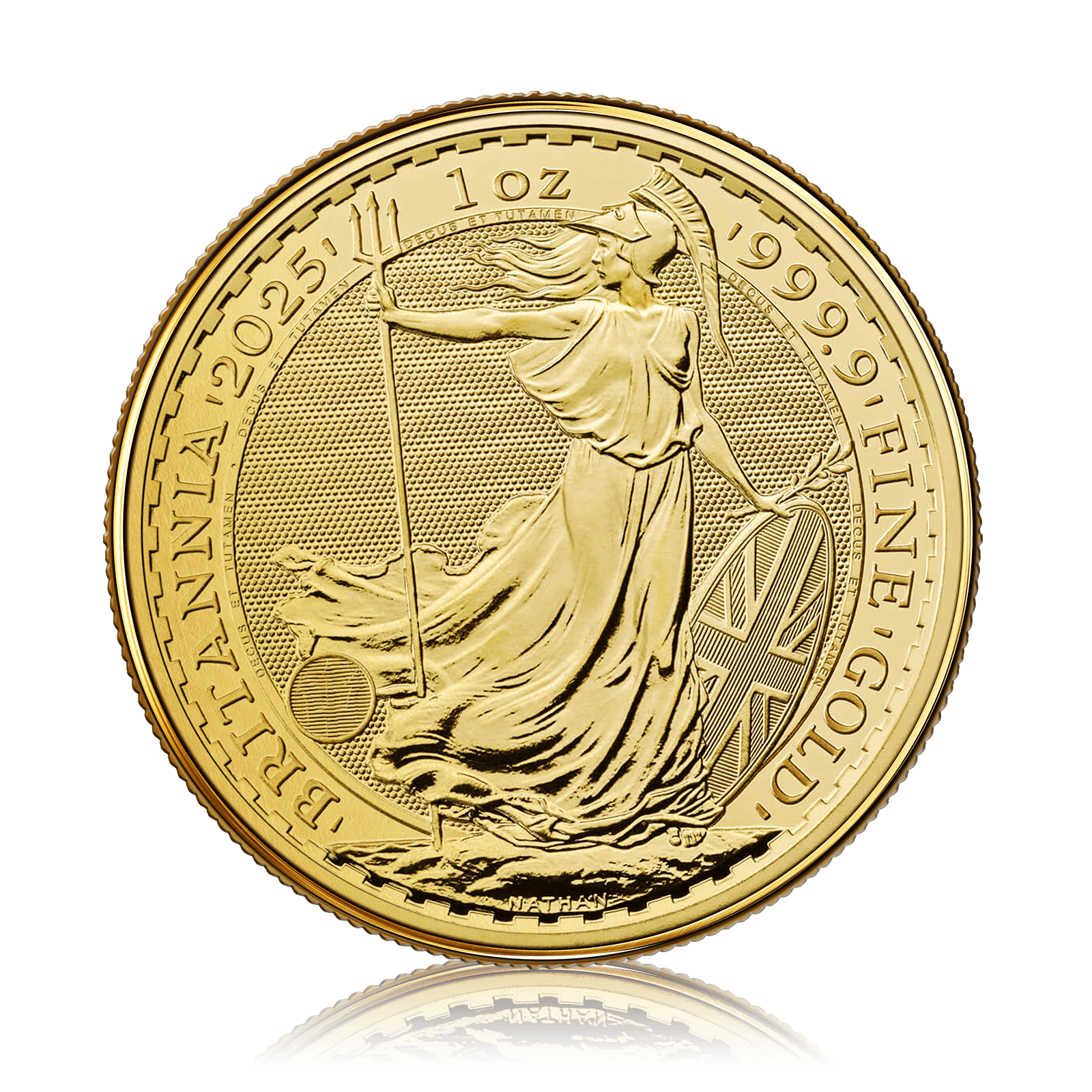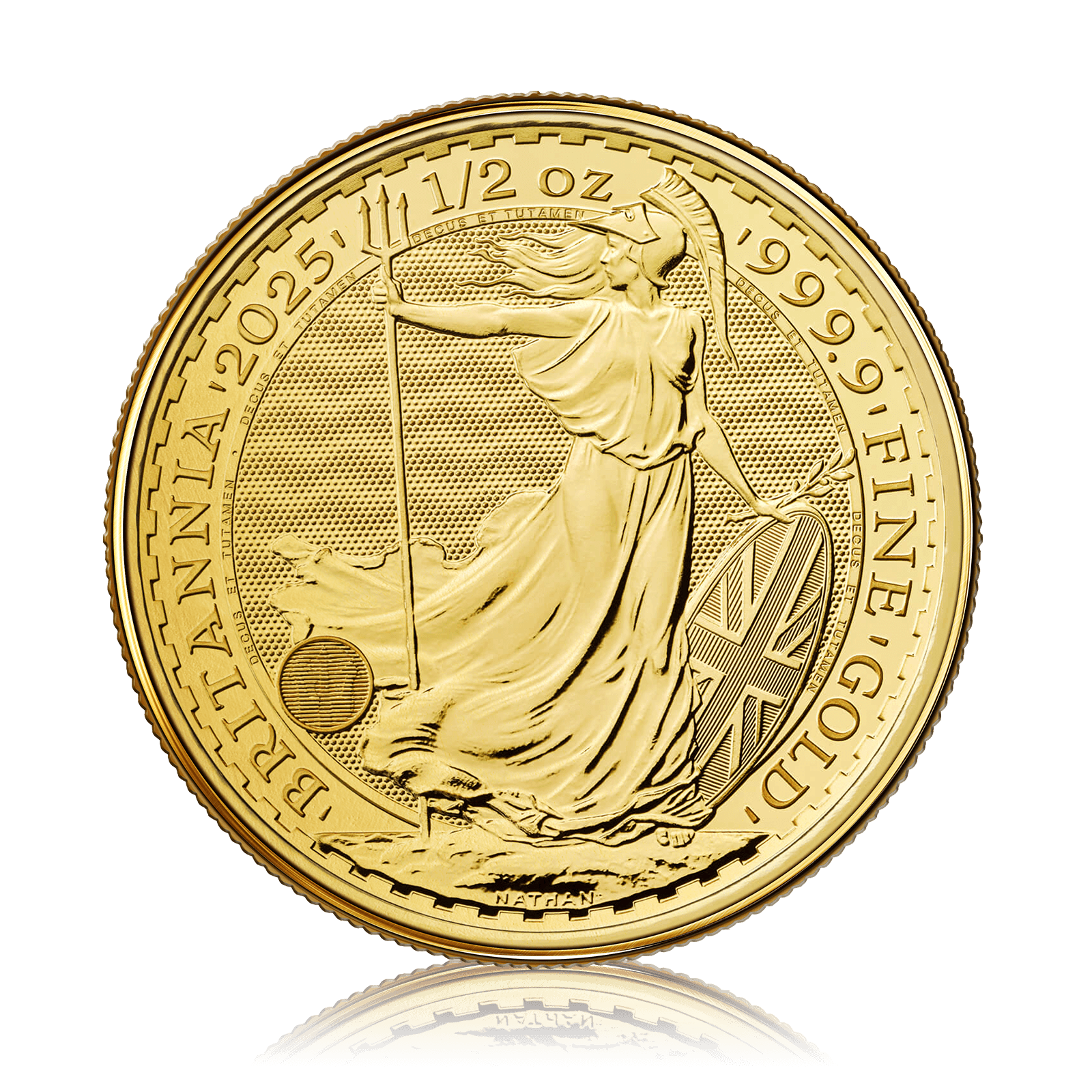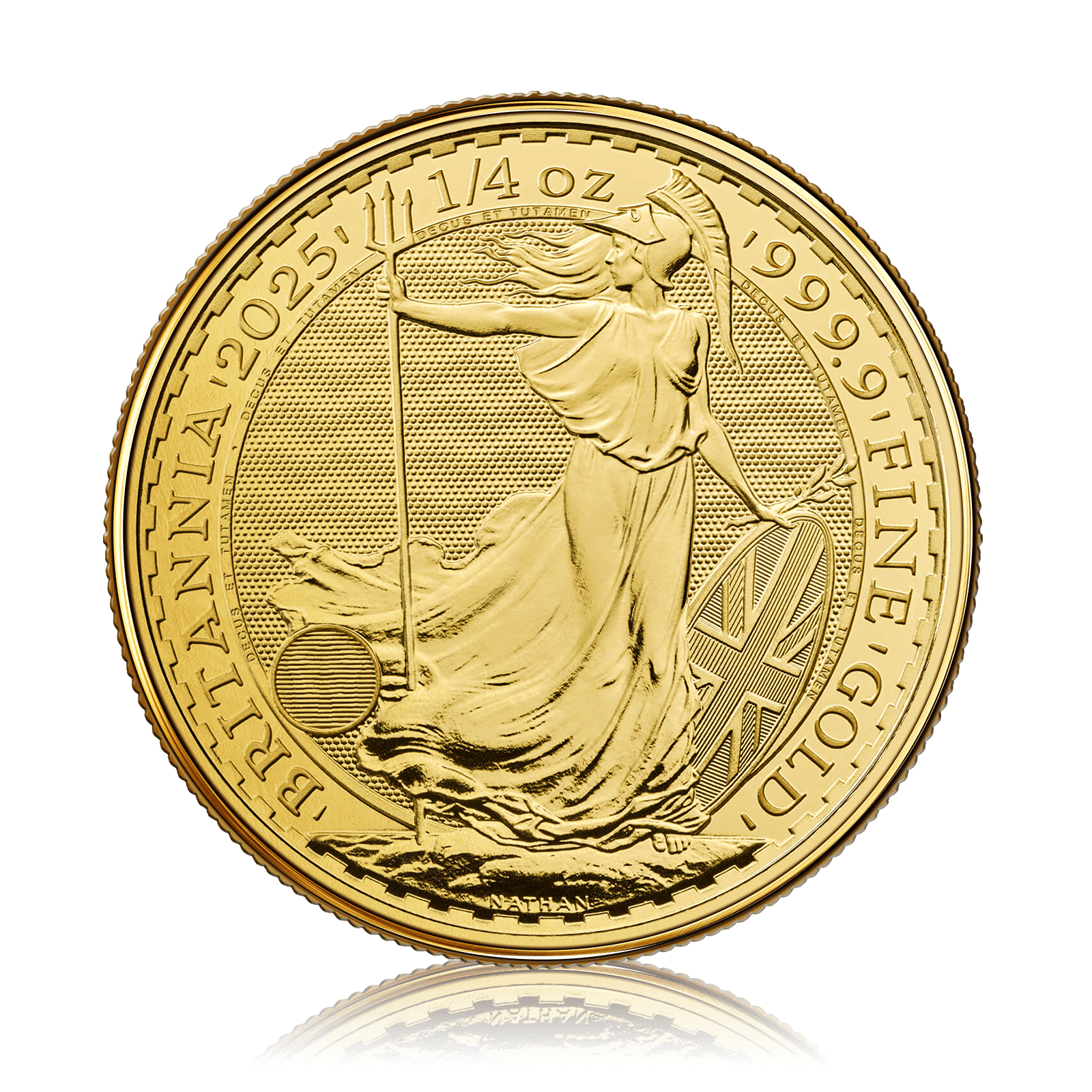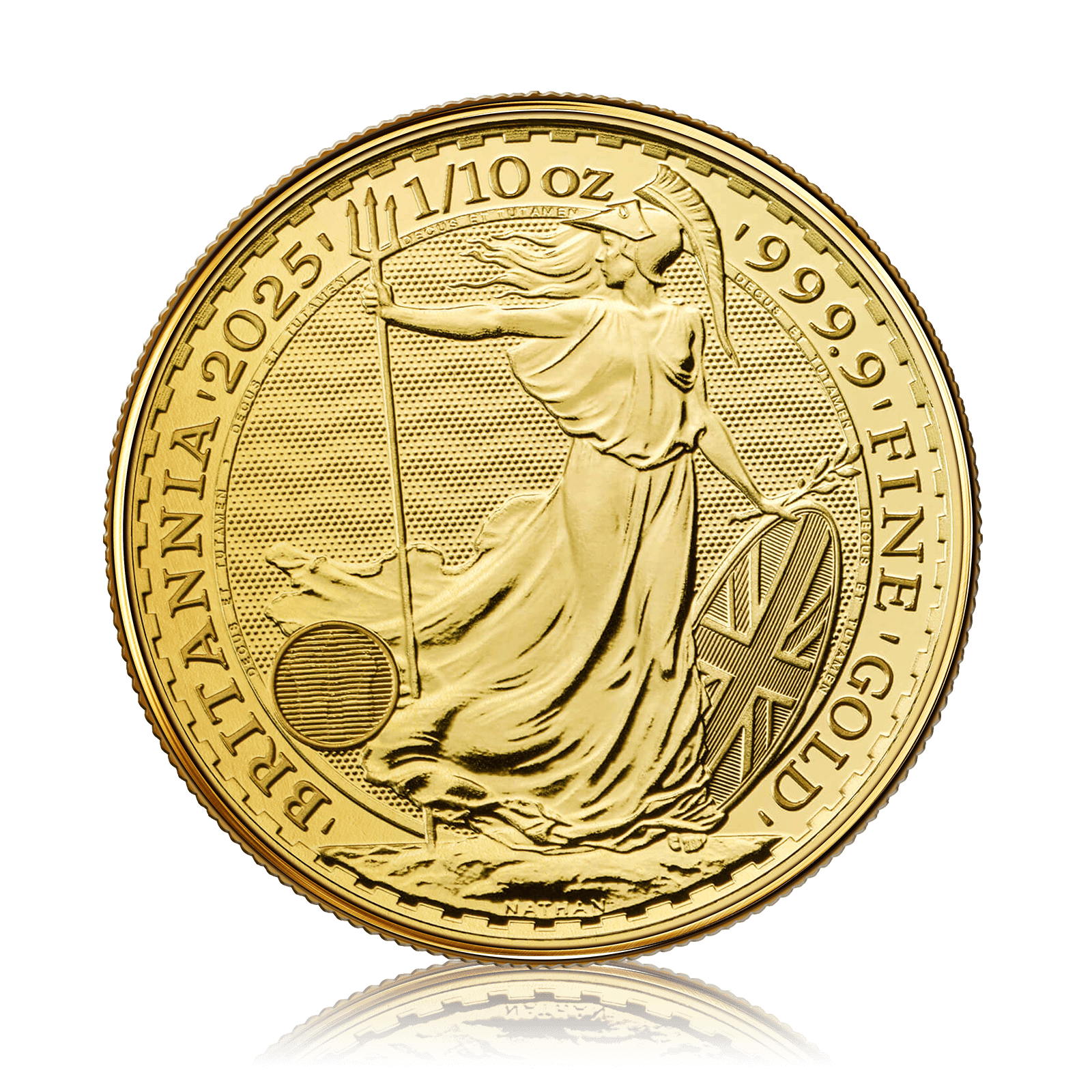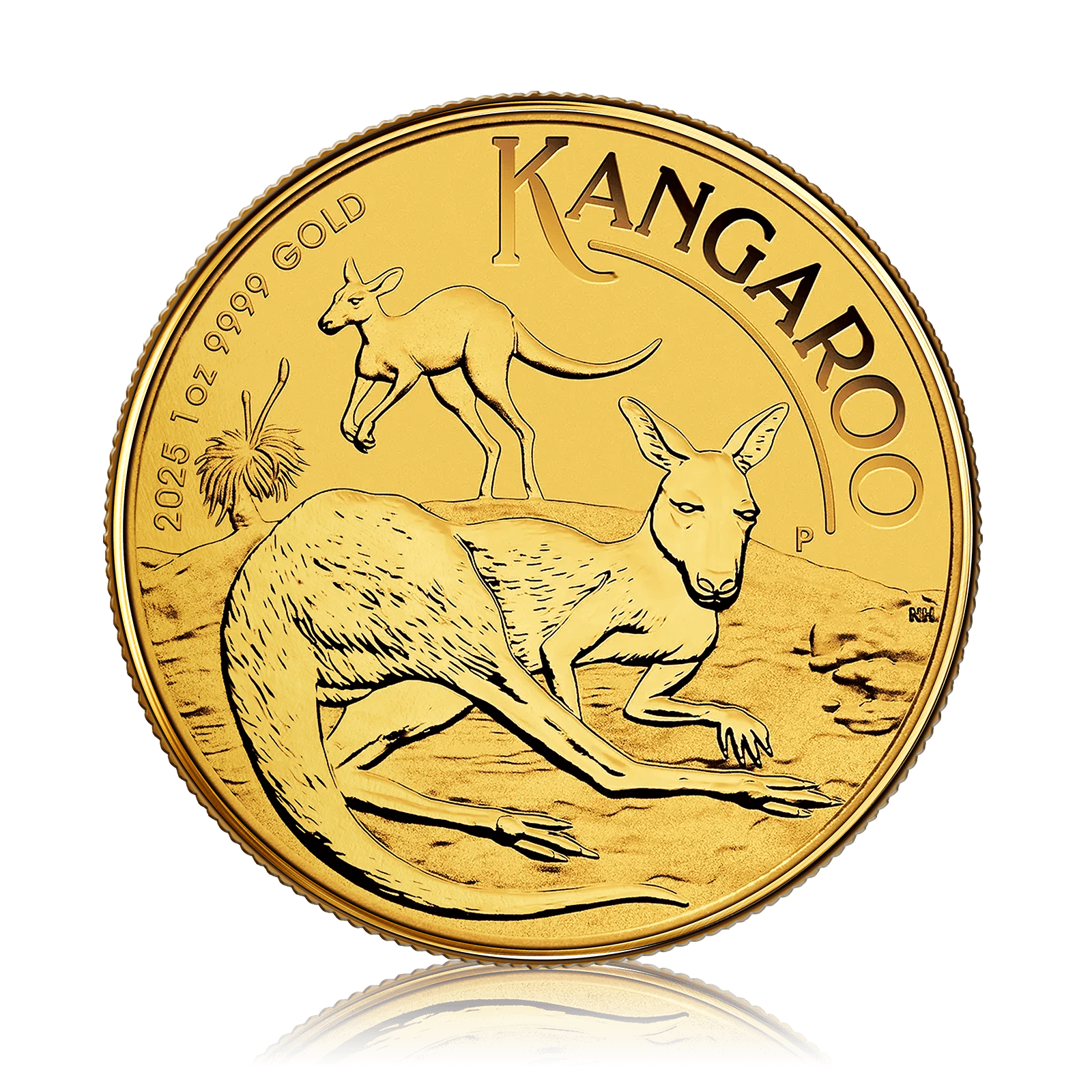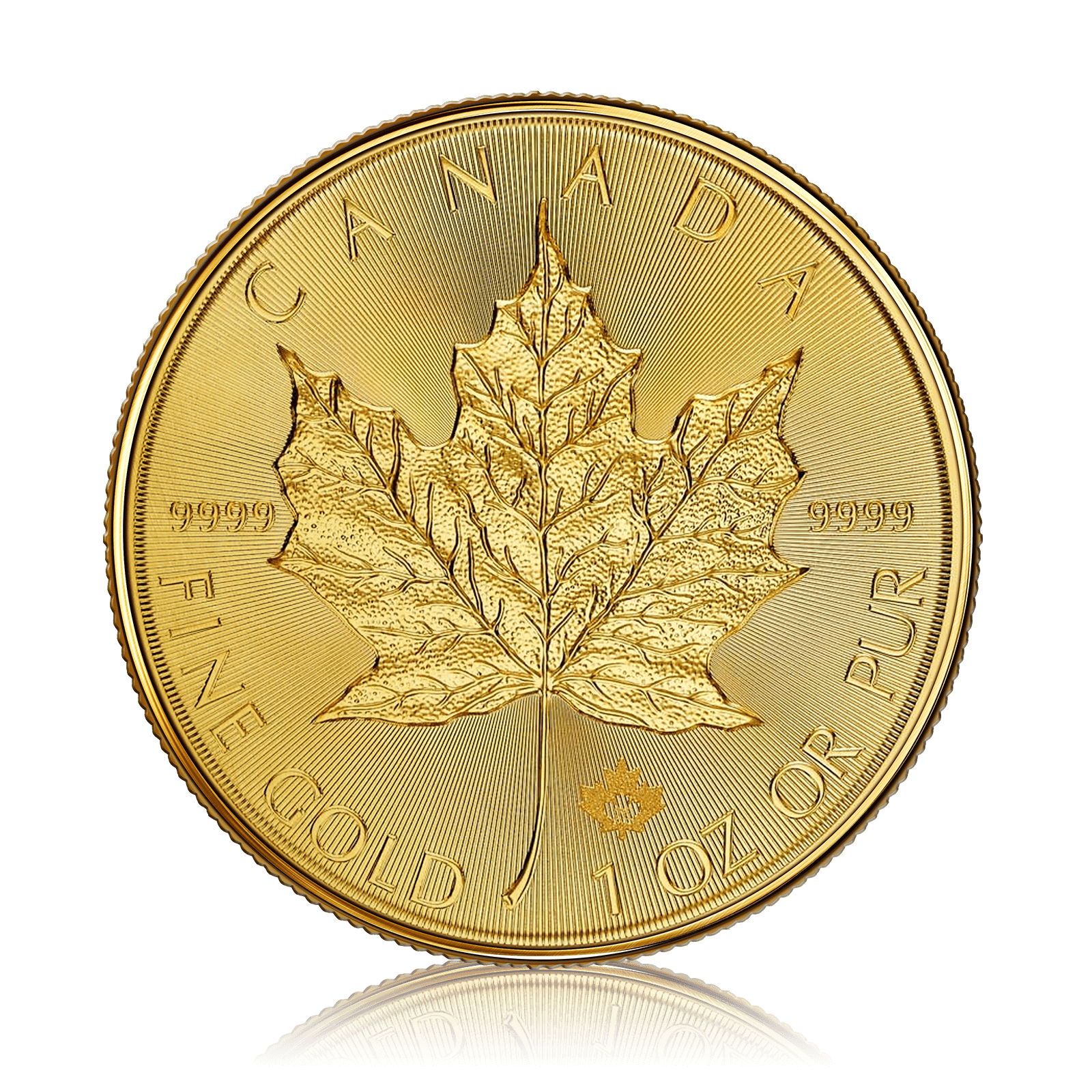Selling gold jewellery can be a straightforward way to turn unwanted items into cash. However, it is important to understand the value of the gold, the market price, and how jewellers or buyers assess the piece before making a sale. Knowing the weight, purity, and seeing if the item has a hallmark are key steps to getting a fair price.
Many people underestimate the importance of researching buyers and checking offers from different sources. Prices can vary widely, so having a clear idea of the gold’s worth helps avoid lowball offers. Being prepared with basic knowledge makes the selling process smoother and more profitable.
Understanding how gold prices work and what affects their changes is also useful. This helps sellers decide the best time to sell and which pieces may bring the highest return. More detailed advice on these points is available for those wanting to make informed decisions before selling gold jewellery.
Evaluating Your Gold Jewellery
Before selling gold jewellery, it is important to check its purity, weight, and condition. Knowing the difference between old and new pieces can also affect its value. These details help determine a fair price.
Understanding Gold Purity and Hallmarks
Gold purity is measured in karats, with 24k being pure gold. Most jewellery is between 9k and 18k. The higher the karat, the more valuable the gold.
Jewellery usually has hallmarks stamped on it. These marks show the gold’s purity and sometimes the maker or country of origin. A magnifying glass can help read small hallmarks.
Knowing the exact purity is essential because gold is priced by its karat value. Sellers should look for numbers like 375 (9k), 585 (14k), or 750 (18k) on the piece. This helps avoid undervaluing or overvaluing jewellery.
Assessing Condition and Weight
Condition affects value. Scratches, dents, or repairs can lower the price. Untouched, clean pieces are generally worth more.
Weight is key in pricing gold. Most gold is weighed in grams. A digital scale can measure jewellery at home, or shops can weigh items accurately.
Heavy pieces will be worth more just for their gold. Sellers need an accurate weight to compare prices and offers fairly.
Distinguishing Between Antique and Modern Pieces
Antique gold jewellery often holds value beyond gold content. Older pieces can be rare and collectible, which may increase their price.
Modern gold jewellery usually gets priced only for the gold weight and purity. Design trends and brand names might add small premiums.
Knowing if a piece is antique helps when choosing where to sell. Specialists or auction houses may offer better prices for vintage items. Recognising antiques can prevent sellers from missing extra value.
Determining the Value of Your Gold

Knowing the true value of gold jewellery depends on several key factors, including the daily market price, specific qualities of the gold itself, and expert assessments. Understanding these helps avoid undervaluing or overpricing when selling.
Checking the Current Gold Price
The price of gold changes daily based on global market demand and supply. It is usually quoted per gram or per ounce in major currencies like GBP or USD. Sellers should check reliable financial websites or specialised gold price tracking tools before selling.
Prices can vary slightly between buyers, so it’s important to compare rates from different sources. Knowing the exact price per gram helps calculate a fair value for the gold content in jewellery.
For example, if the price is £50 per gram and the gold in the item weighs 5 grams, the base value would be £250, excluding factors like purity or craftsmanship.
Market Factors Affecting Resale Value
Several elements influence resale value beyond the base gold price. Purity is critical—measured in carats—with higher carats meaning more gold content (e.g., 24 carat is pure gold, 9 carat contains less).
Condition also impacts value; damaged or heavily worn pieces may fetch less. Jewellery with gemstones or intricate designs might need separate valuation for non-gold parts.
Economic conditions and buyer demand at the time of sale can change offers. Selling when gold prices are rising often yields better returns.
Professional Appraisal Options
Many choose professional appraisals to get an accurate value. Certified appraisers assess gold purity, weight, and craftsmanship professionally. They often use tools like X-ray fluorescence (XRF) analyzers for precise purity tests.
Appraisals can also separate gemstone value from the gold, ensuring sellers understand the full worth. Some jewellers and gold buyers offer free or low-cost appraisals as part of their service.
A professional appraisal document may increase trust with buyers and support higher selling prices by proving authenticity and condition.
Exploring Selling Methods
There are two main ways to sell gold jewellery: through local shops or online platforms. Each option has features that affect convenience, pricing, and the level of personal interaction.
Selling to High-Street Jewellers
High-street jewellers offer a face-to-face experience. They inspect the gold jewellery on the spot and provide instant quotes.
Clients should bring photo ID and any certificates showing the jewellery’s purity or origin. Jewellers usually test the gold for karat value. The price offered depends on current gold rates and condition.
This method is often preferred by those who want immediate payment and direct advice. However, jewellers may offer slightly less than the market value because of fees and overhead costs.
Before selling, it is wise to visit multiple shops to compare offers. Building trust with a jeweller can result in clearer pricing and better deals.
Online Gold Buyers
Online buyers usually ask sellers to post their gold jewellery after obtaining an initial valuation. The process is convenient but requires caution.
Reputable sites provide secure packaging and insured shipping. Prices are often competitive since these businesses have lower overheads.
Sellers should check for clear terms about payment methods and timelines. It is important to understand how purity is verified and how disputes are handled.
Online selling suits those who prefer not to visit shops or who want to reach a larger market. However, it can take longer to receive payment compared to high-street sales.
Using trusted online platforms with positive reviews reduces risks during the selling process.
Legal and Financial Considerations
Selling gold jewellery involves specific legal and financial steps. These include understanding when tax applies and having proper proof that the seller owns the items. Knowing these details helps avoid problems during the sale.
Understanding Tax Implications
Tax rules for selling gold jewellery depend on several factors, such as the seller’s location and the jewellery’s value. In the UK, Capital Gains Tax (CGT) may apply if the items are not personal possessions or if the seller has made a profit above the tax-free allowance.
If the jewellery is old and sold as personal property, tax usually does not apply. However, business sellers or frequent sellers must consider income tax or VAT rules.
Keep clear records of purchase prices and sale details. This documentation helps determine if any tax is due and can be used for HMRC reporting if necessary.
Verifying Proof of Ownership
Sellers must show they legally own the gold jewellery, especially when selling to professional buyers or dealers. Proof of ownership often includes receipts, certificates, or appraisal documents.
In many cases, photo identification is needed at the point of sale to verify the seller’s identity. This step helps prevent the sale of stolen goods.
It is also important to ensure the jewellery is hallmarked properly. Hallmarks confirm metal authenticity and are required by law for sales in the UK, offering additional proof of legitimacy.
Preparing for a Secure Transaction
Before selling gold jewellery, it is important to focus on setting a fair price and staying safe throughout the process. This involves understanding how to negotiate effectively and recognising signs of potential scams. Taking these steps helps ensure a smooth and secure sale.
Negotiating Price and Finalising the Sale
The seller should start by knowing the current gold price and checking the purity of their jewellery. This allows for an informed discussion about value. It helps to get multiple valuations from different buyers before settling on a price.
When negotiating, it is important to be clear about the condition of the gold. Any damage or wear can affect the value. Sellers should ask questions about how the gold is tested and how the price is calculated.
Finalising the sale means agreeing on payment methods in advance. Bank transfers are safer than cash, especially for larger amounts. Always request a receipt or contract confirming the sale and the agreed price.
Protecting Yourself from Scams
Verifying the buyer’s credentials is key to avoiding fraud. Trusted companies often have certifications or memberships with recognised trade bodies. Sellers should check reviews and ask for proof of identification from the buyer.
Avoid sellers who pressure for a quick decision or refuse to show their credentials. It is safer to deal with buyers who provide clear terms and a transparent process.
When selling online, use secure shipping options with tracking and insurance. Always keep a record of communications and payments. These steps reduce the risk of losing items or money during the transaction.
For more detailed guidance, see tips on how to sell gold safely with trusted buyers.
Frequently Asked Questions
Selling gold jewellery involves knowing how to check its value, find the right place to sell, and prepare the necessary information. Understanding purity, weight, and common risks can help get a fair price without issues.
How can I ensure I am getting the fair market value for my gold jewellery?
They should compare offers from several buyers. Checking the current gold price per gram is important to know the base value.
Asking for a detailed quote and not accepting the first offer helps. Some companies provide quotes by phone when given weight and fineness details.
What are the best avenues for selling gold jewellery in the UK?
Options include pawnbrokers, gold dealers, jewellers, and online gold buying services. Each has different levels of convenience, price offers, and trustworthiness.
Online services often require sending jewellery by post with secure packaging. Physical shops allow in-person inspections and immediate payment.
What are the key factors I should consider when choosing a place to sell my gold jewellery?
The buyer’s reputation and licensing matter. Transparency of the pricing process and the chance to refuse offers without obligation are important.
Look for places that test gold openly and explain their valuations. Getting feedback on customer service also helps in making a decision.
What documentation should I have ready when selling my gold jewellery?
Proof of identity is usually required, such as a passport or driving licence. Some sellers ask for proof of address.
If available, having any original purchase receipts or certificates of authenticity may increase buyer confidence.
How do I calculate the purity and weight of my gold jewellery before selling?
The purity is shown by a hallmark or stamp on the piece, like 9ct, 14ct, or 18ct. A magnifying glass can help check this.
Weight should be measured using a precise scale in grams. Knowing both purity and weight allows for an accurate estimate of the gold’s value.
What are the common pitfalls to avoid when selling gold jewellery?
Avoid accepting low offers without comparison. Do not sell without verifying the buyer’s credentials.
Be cautious of buyers who refuse to show how they test purity or who pressure for quick sales. Always package items securely if sending by post.
Turn your precious metals into cash with Gold Bank – the UK’s leading platform to sell gold online UK. Whether you want to sell silver bullion, platinum bars, or are selling gold scraps, we make the process simple, transparent, and rewarding. All items are carefully appraised by our in-house experts, and our rates are some of the most competitive in the country. With secure delivery and same-day payment, you can trust us to make your transaction stress-free. Whatever you’re looking to sell—gold, silver or platinum—Gold Bank is your trusted buyer for fast, fair and secure service.








